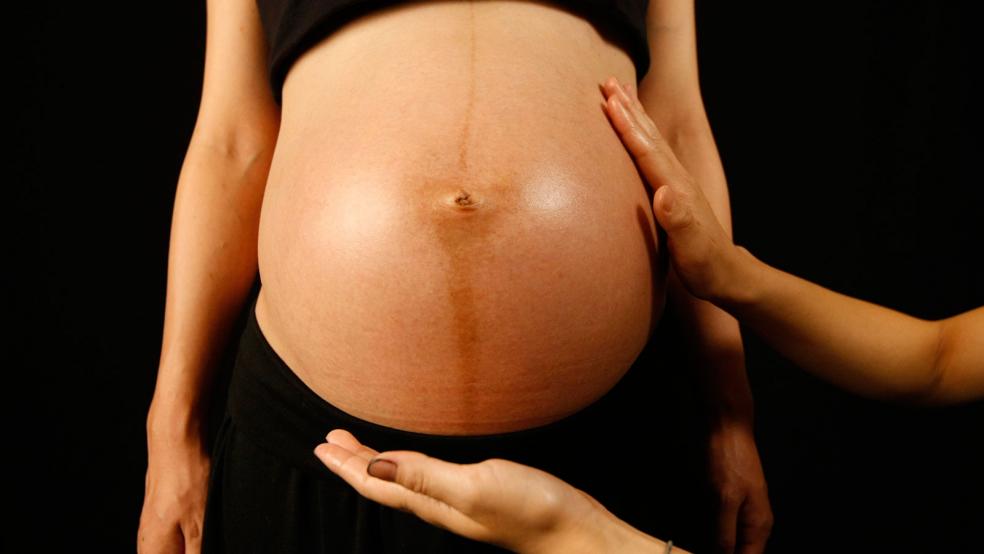A common retort pregnant women say while downing a pint of ice cream is that they're eating for two. But new research looking at autism and maternal obesity may make some expecting mothers think twice before getting a second helping—especially if they are diabetic.
Obese pregnant women are almost twice as likely to have a child who has an autism spectrum disorder (ASD) compared with normal-weight and underweight mothers, according to a new study from Johns Hopkins researchers published in the February issue of Pediatrics. But the risk increases markedly if the woman also has gestational or pre-gestational diabetes while pregnant.
Those who developed diabetes during pregnancy were three times more likely to have a child with ASD, while mothers with diabetes before getting pregnant were four times more likely.
Related: Zika Virus: Why the World Health Organization Is Worried
Autism spectrum disorder is a group of developmental disabilities characterized by social and communication deficits and repetitive behavioral patterns. The incidence of ASD is on the rise, increasing 120 percent between 2002 and 2010, according to the Centers for Disease Control and Prevention, and prompting scientists to try and find the root cause.
The study children were at a higher risk of developing an intellectual disability if their mothers were obese and had gestational or pre-gestational diabetes while pregnant.
The John Hopkins study is based on 2,734 mother and children pairs who had at least one postnatal study visit at Boston Medical Center. Researchers tracked the children from birth through childhood, identifying 102 who were diagnosed with autism spectrum disorder during the study.





